5 Ways to Adjust to A New Swim Coach
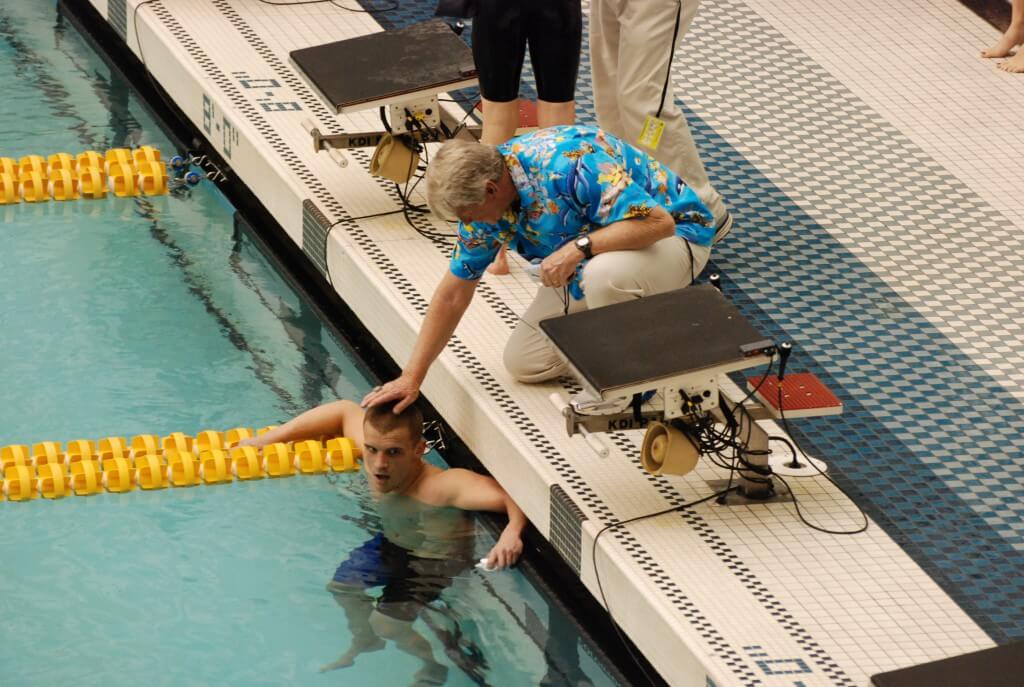
By Erin Himes, Swimming World College Intern.
Whether you’re switching to a new club team, on the brink of a new high school season, or undergoing coaching changes at the collegiate level, switching to a new swim coach is never easy. Everyone copes with the stress of coaching changes differently, but there are some universal ways to ease the process.
Here are five helpful tips for adjusting to a new swim coach:
1. Remember that they want to help you.

Photo Courtesy: Delly Carr / Swimming Australia Ltd.
It is all too easy to get caught up in negativity when being continuously corrected by a new swim coach. However, it pays off to remember that they really do want to help, even if it is being portrayed differently than you’re used to. “Always maintaining a positive attitude even after all the numerous times they have to correct you on certain things is worth it– it only means that they care about you and want you to do well when you compete,” Pepperdine freshman Catherine Gibbs said.
2. View a new coach as a new member of your swim family.
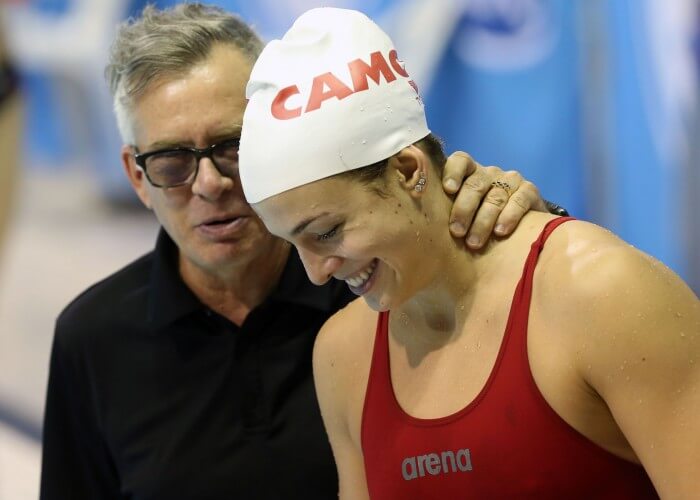
Photo Courtesy: Scott Grant/Swimming Canada
“Being comfortable around a coach and having that personal relationship makes practice far more enjoyable than taking commands from someone you don’t know,” Pepperdine senior Kathrine Kuhlmann said. “There’s a mutual trust and respect that comes from getting to know your coach personally.” By forming a connection, you open a door to a positive team environment.
3. Be open-minded.
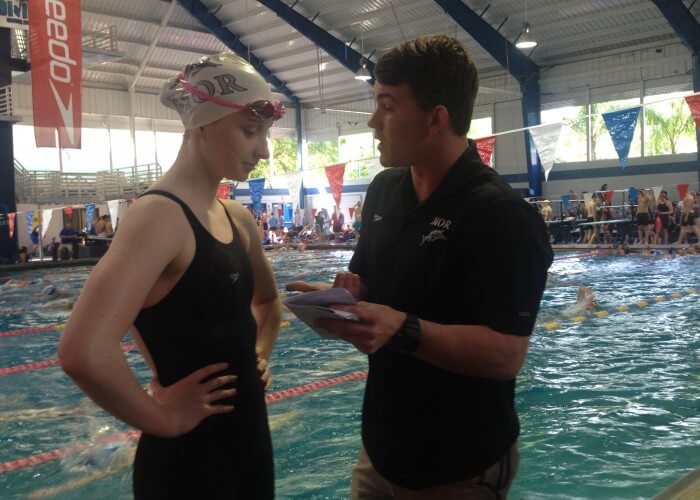
“Even if the program is different than you’re used to and kind of throws you off at the beginning, that doesn’t mean it’s not effective or going to be a bad change,” Pepperdine junior Rachel Wilt said. There’s not one path to success and being open to trying new things could lead to even greater results.
4. Help them get to know you or your team.
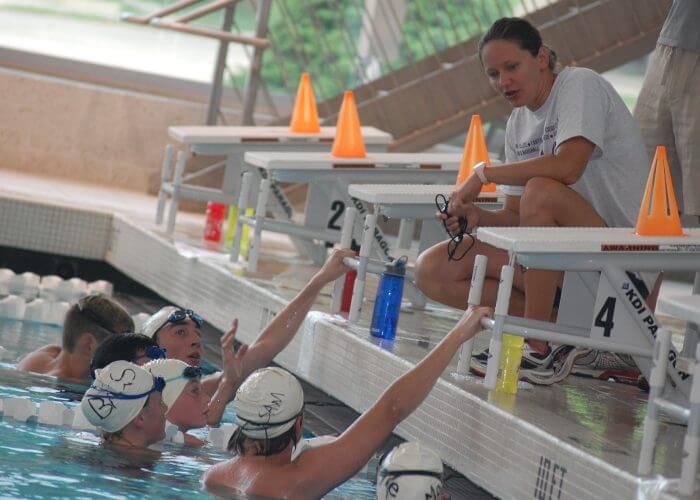
Photo Courtesy: Total Performance Sports Camps
While being open to their coaching process is important, it is also helpful for the coach to know how you or your team function. Respectfully giving them information on how you work best can be helpful, especially if the coach is new to the entire team.
5. Make a good impression.
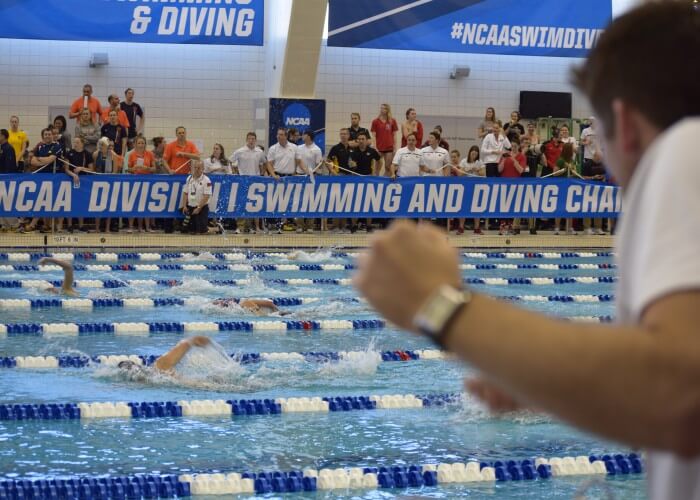
Photo Courtesy: Annie Grevers
Your old coach may have known you well enough to give you the benefit of the doubt if you were late or missed a practice, but your audience has changed. Keep this in mind when you contemplate hitting snooze one too many times in the morning.
All commentaries are the opinion of the author and do not necessarily reflect the views of Swimming World Magazine nor its staff.




That is a great picture of coach Dave Allen! Great mentor, coach, and father figure!
Joe Molinari, Chloe Isleta, and Joao Ama 🙂
Ralph Cataneo
Christian Cremer its you and Coach!